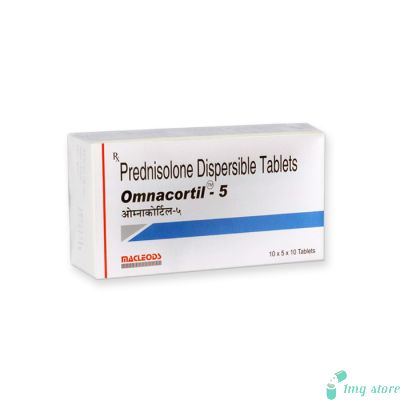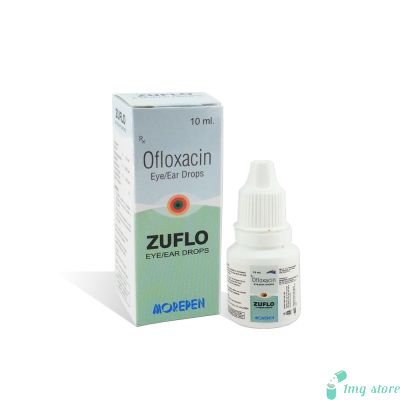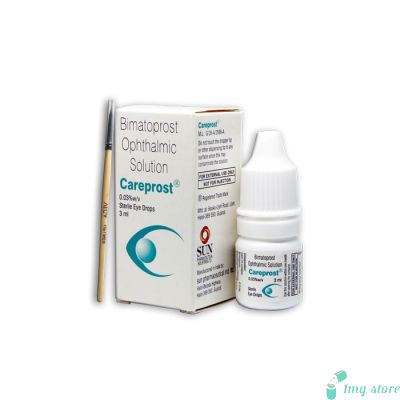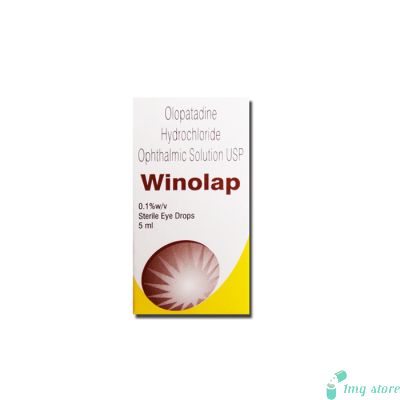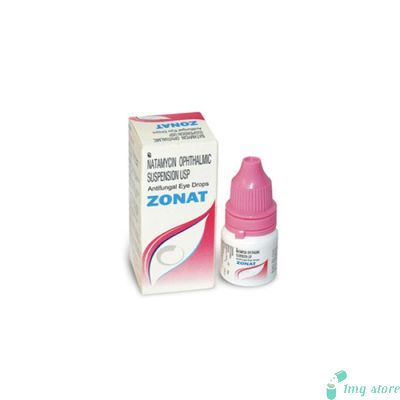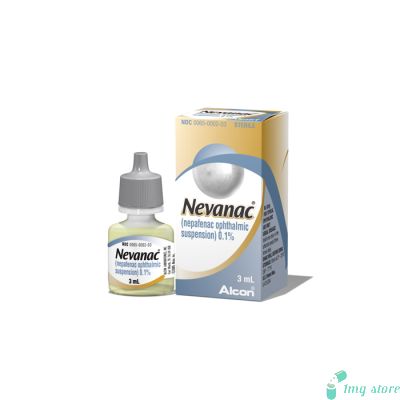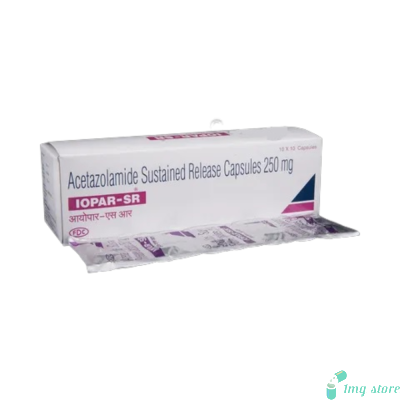FML Liquifilm (Fluorometholone)
FML Liquifilm is a prescription eye medication that contains the active ingredient Fluorometholone. It belongs to a class of drugs known as corticosteroids and is primarily used to treat various eye conditions, including inflammation, itching, redness, and discomfort.
Introduction of FML Liquifilm (Fluorometholone)
Fluorometholone Eye Drops, commonly known by its brand name FML, is a corticosteroid medication primarily used for the treatment of various Eye conditions. This medication is available in the form of eye drops and is prescribed by healthcare professionals to alleviate inflammation and manage ocular disorders. FML belongs to the corticosteroid class of drugs and works by reducing inflammation, swelling, redness, and discomfort in the eyes. In this comprehensive guide, we will explore the uses, dosage information, potential side effects, precautions, and drug interactions associated with Fluorometholone Eye Drops, empowering patients and healthcare providers with essential knowledge for effective Eye Care.
Fluorometholone Dosage Information
Dosage of Fluorometholone Eye Drops (FML) may vary depending on the specific eye condition being treated. It is crucial to follow the prescribed dosage and instructions provided by your healthcare provider or ophthalmologist. Here are the general dosage guidelines:
Usual Dosage: For mild to moderate eye conditions, the typical recommended dosage is one to two drops of FML into the affected eye(s) two to four times daily.
Missed Dose: If you miss a dose, apply it as soon as you remember. However, if it is close to the time for your next scheduled dose, skip the missed one and continue with your regular dosing schedule. Do not double the dose to compensate for a missed one.
Overdose: Avoid using more FML than prescribed, as overuse can increase the risk of side effects. If you accidentally overdose or experience severe eye discomfort, contact your healthcare provider immediately for guidance.
Prescription vs. Over-the-Counter Eye Drops:
Prescription eye drops, like Fluorometholone Eye Drops, are medications that require a prescription from a healthcare provider. They are typically used for specific eye conditions and may have more potent ingredients. Over-the-counter eye drops are available without a prescription and are generally used for mild, temporary relief from common eye issues like redness or dryness.
Buy Fluorometholone Eye Drops online:
You can conveniently purchase Fluorometholone Eye Drops online at our website, 1mgstore.com. We offer a secure and accessible platform for obtaining this prescription eye medication. Always ensure you have a valid prescription from a healthcare professional when ordering prescription medications online.
Prior to using Fluorometholone Eye Drops (FML), it's crucial to consider the following precautions:
- Inform Your Healthcare Provider: Always inform your healthcare provider about any pre-existing medical conditions, allergies, or medications you are currently taking.
- Pregnancy and Breastfeeding: If you are pregnant, planning to become pregnant, or breastfeeding, discuss the risks and benefits of FML with your healthcare provider before use.
- Contact Lenses: Remove contact lenses before applying FML and wait at least 15 minutes before reinserting them to avoid potential interactions.
- Long-Term Use: Prolonged use of FML may lead to increased intraocular pressure and the risk of developing glaucoma. Regular eye examinations are recommended during long-term use.
- Children and Elderly: FML should be used with caution in children and the elderly, as they may be more susceptible to certain side effects.
Some of the specific indications for FML Liquifilm (Fluorometholone) include
Fluorometholone Eye Drops (FML) offer a range of therapeutic applications in ophthalmology, making them a valuable resource for eye care professionals.
- Inflammatory Eye Conditions: FML is primarily prescribed to reduce inflammation in various eye conditions, including allergic conjunctivitis, uveitis, and iritis. It helps relieve symptoms like redness, itching, and swelling.
- Post-Surgery Management: After certain eye surgeries, such as cataract extraction, FML may be prescribed to prevent or manage postoperative inflammation and discomfort.
- Eye Allergies: FML can be effective in treating eye allergies by reducing allergic reactions and alleviating symptoms like itching, tearing, and redness.
- Chronic Dry Eye: In cases of chronic dry eye syndrome, FML may be prescribed to decrease inflammation and improve eye comfort.
- Other Ocular Disorders: Ophthalmologists may also recommend FML for conditions not listed here, as deemed appropriate for individual patient needs.
Some of the secondary Effects of FML Liquifilm (Fluorometholone)
While Fluorometholone Eye Drops (FML) are generally well-tolerated, like any medication, they can cause side effects in some individuals. It's essential to be aware of potential adverse reactions and consult your healthcare provider if you experience any of the following:
- Burning or Stinging Sensation: Mild discomfort or a burning sensation upon application is common but usually temporary.
- Blurred Vision: Temporary blurriness immediately after applying FML may occur.
- Eye Irritation: Some users may experience irritation, itching, or redness of the eyes.
- Increased Intraocular Pressure: Prolonged use of FML can lead to increased intraocular pressure, which may be monitored by your healthcare provider to prevent potential glaucoma development.
- Allergic Reactions: While rare, allergic reactions such as rash, itching, swelling, severe dizziness, or trouble breathing may occur. If these symptoms emerge, seek immediate medical attention.
Frequently Asked Queries About FML Liquifilm (Fluorometholone)
Q1. Can I use FML eye drops for red eyes caused by allergies?
Answer: Yes, FML eye drops can help alleviate redness and discomfort in allergic conjunctivitis. Consult your healthcare provider for appropriate dosage and usage instructions.
Q2. Is FML suitable for children with eye inflammation?
Answer: FML may be used in children, but its use should be closely monitored by a pediatric ophthalmologist to minimize potential side effects.
Q3. Can I wear contact lenses while using FML eye drops?
Answer: Remove contact lenses before applying FML, wait at least 15 minutes, and then reinsert them to prevent potential interactions and ensure comfort.
Q4. How long can I use FML eye drops continuously?
Answer: Prolonged use of FML may lead to increased intraocular pressure. Consult your eye care professional for guidance on the duration of treatment and the need for regular eye exams.
Q5. Are there any dietary restrictions when using FML eye drops?
Answer: There are no specific dietary restrictions associated with FML eye drops. However, it's essential to maintain a balanced diet to support overall eye health.
Q6. Where to Purchase Fluorometholone Eye Drops?
Answer: If you are looking for a reliable source to purchase Fluorometholone Eye Drops, you can find it at our website, 1mgstore.com. We provide a trusted online platform for obtaining prescription eye drops with the necessary guidance and safeguards to ensure safe and convenient procurement.
Here are five points to consider regarding FML Liquifilm (Fluorometholone) drug interactions:
Certain medications and substances can interact with Fluorometholone Eye Drops (FML), potentially affecting its efficacy or increasing the risk of side effects.
- Other Ocular Medications: Inform your healthcare provider of any other eye medications you are using, as concurrent use may alter the effectiveness of FML.
- Oral Corticosteroids: Combining FML with oral corticosteroids can increase the risk of systemic corticosteroid side effects. Discuss the potential risks with your healthcare provider.
- Immune-Suppressing Drugs: Medications that suppress the immune system, such as certain immunosuppressants or corticosteroid pills, may interact with FML. Your healthcare provider will carefully assess the risks and benefits.
- Specific Eye Drops: Concurrent use of specific eye drops, such as those containing beta-blockers, may require careful monitoring, as they can interact with FML and affect intraocular pressure.
- Herbal or Over-the-Counter Products: Inform your healthcare provider of any herbal remedies or over-the-counter products you are using, as these can also interact with FML.
| Manufacturer | : | Allergan, India |
| Equivalent Brand | : | FML |
| Generic Search | : | Fluorometholone |







